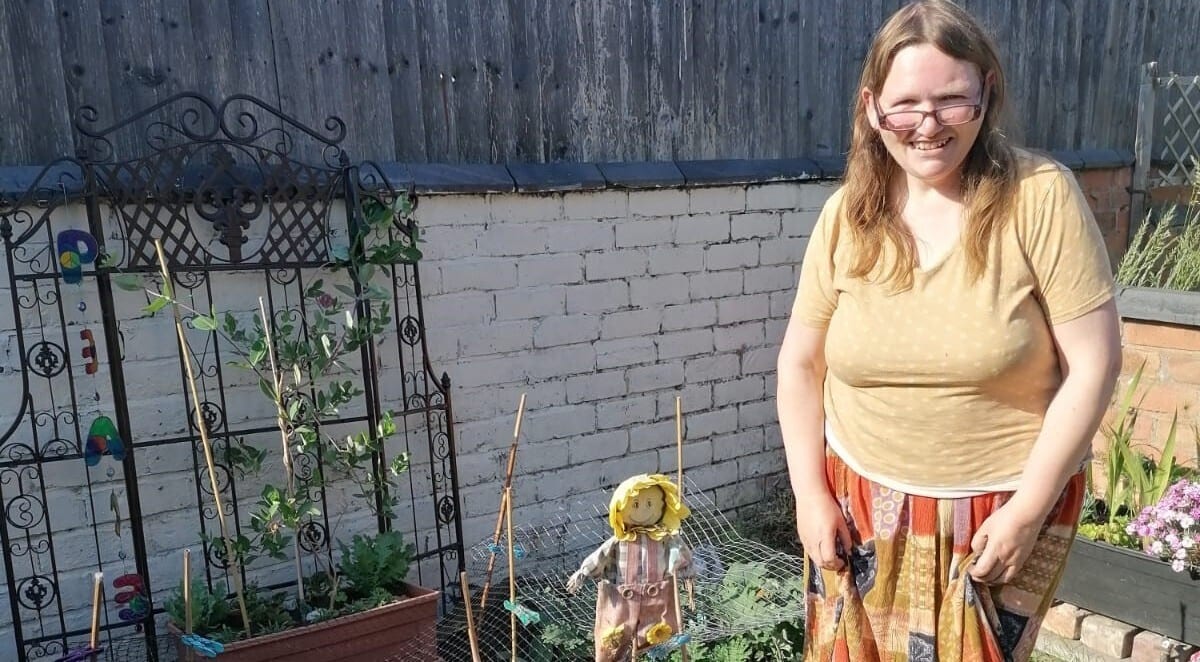
It’s National Volunteers Week from 1 – 7 June and to celebrate the Trust is taking a look at the vital contribution volunteers make to their local communities, giving their time, skills and commitment to help others.
According to NCVO, 20.1 million people volunteered during 2017/18. This year, figures have reached new records. Over 750,000 people signed up to the NHS’ call for volunteers in just four days when the scheme launched, three times the original target.
To date, ten million UK adults have been volunteering in their community during the coronavirus crisis, with the majority saying they will carry on after the lockdown ends.
The incredible army of volunteers have been helping in many ways such as grocery shopping, collecting prescriptions, keeping in contact with those living alone, and helping at local food banks.
As well as supporting those in need, volunteering can improve social connections for volunteers themselves and is positively associated with improved mental health and wellbeing.
Volunteers are at the heart of almost all projects funded by People’s Health Trust. Beyond contributing their passion, time and energy, volunteers know their community and what it needs best, knowledge that is fundamental to the success of projects.
One of the Trust’s Local People partners, The Conservation Volunteers (TCV), has been working with communities and individuals through volunteering for more than 50 years. Volunteering plays a key role for them in helping to build community resilience and encouraging local people to improve their own surroundings, health and their skills.
Through the coronavirus pandemic, projects have been responding to their community’s needs. Sarah Measures, Operations Manager for the Local People programme, supported by TCV, explained: “There have been all sorts of challenges but as time has progressed and people have got used to a new normal, we have all adapted.
“People have emerged and become more confident and all the Local People projects have come together to support their communities through the crisis.
“Our initial priority has been food banks – making sure people are getting fed. We then used that as an opportunity to support families through engagement and have organised activities in different formats. Volunteers have been also been working with local councils to make sure we distribute information about help and support.”
In Smithton and Culloden in Scotland, the COVID-19 response has seen the project providing emergency food supplies, growing packs for the garden and activity packs for children. They have also delivered Easter eggs to the children in their community and most recently an afternoon tea package to each household to provide hope and a sense of community.
The TCV Local People project in Gospel Oak has also been responding to local need through food parcels, providing 2m spacing tape places for local shops, and ensuring those not online are getting access to the information they need.
In Cheltenham, members have been looking for ways to support the elderly residents who might be vulnerable.
The TCV Local People project in South Wigston and Eyres Monsell in Leicester has also been playing their part. Project Coordinator Julie Richards started her role in March, just as the Government introduced lockdown. She said, “It was a quick learning curve but this is my community so I already had strong connections within the area and was ready to support them.
“It has taken time to get used to Zoom but it has helped everyone stay connected. Our steering group is meeting more regularly on Zoom than we did face-to-face.
“Action groups are also meeting virtually, and we have introduced dinner dates which are really nice. For those who are uncomfortable being on camera, we stay connected via phone calls.”
The project has supported residents to take on volunteer positions including helping out with the foodbank and delivering plants to residents. They are also working with Public Health officials locally, and are talking about using their community garden to support vulnerable residents to be social while socially distancing.
One resident, who has taken part in the project’s Railway Street project, says that the situation has strengthened the community. They said: “I do not feel so isolated during lockdown, if I need any help, I feel more comfortable asking for it.
“Things have changed now, and we will continue afterwards as we have now come together as a community.”
To read more news from the Trust, click here.
Support us, play The Health Lottery!
